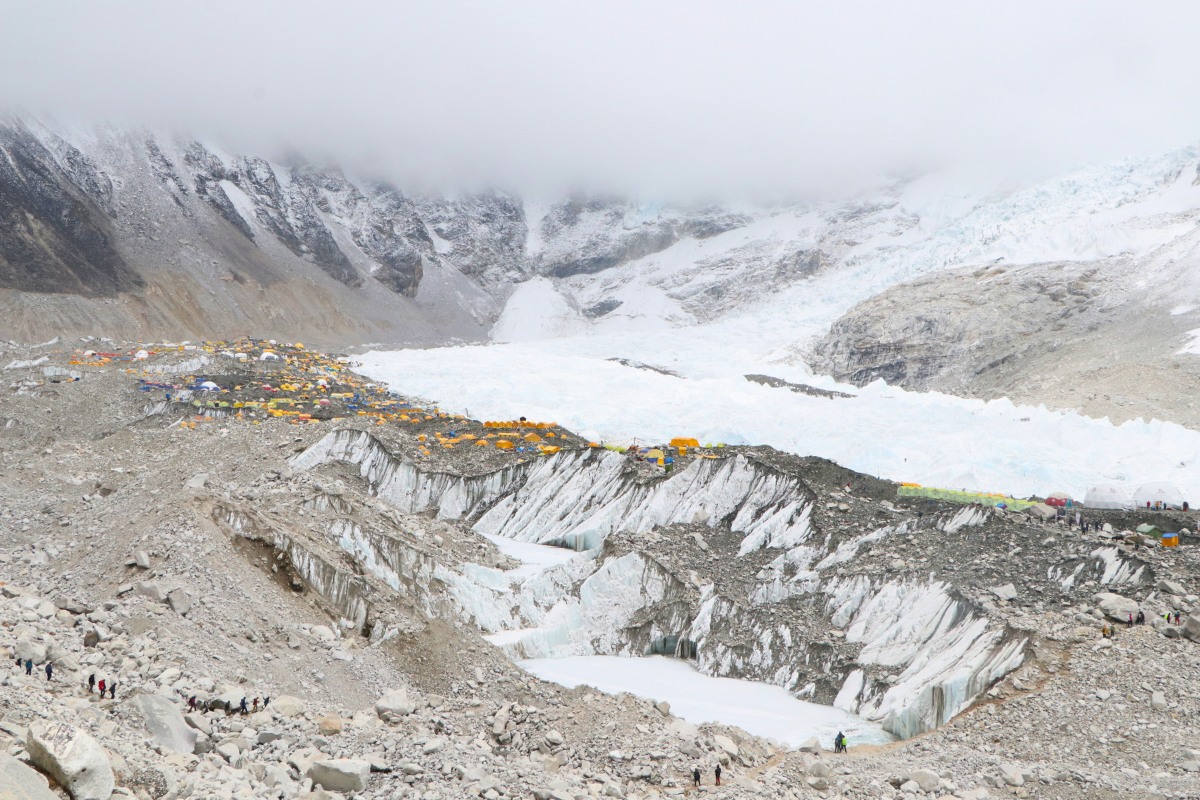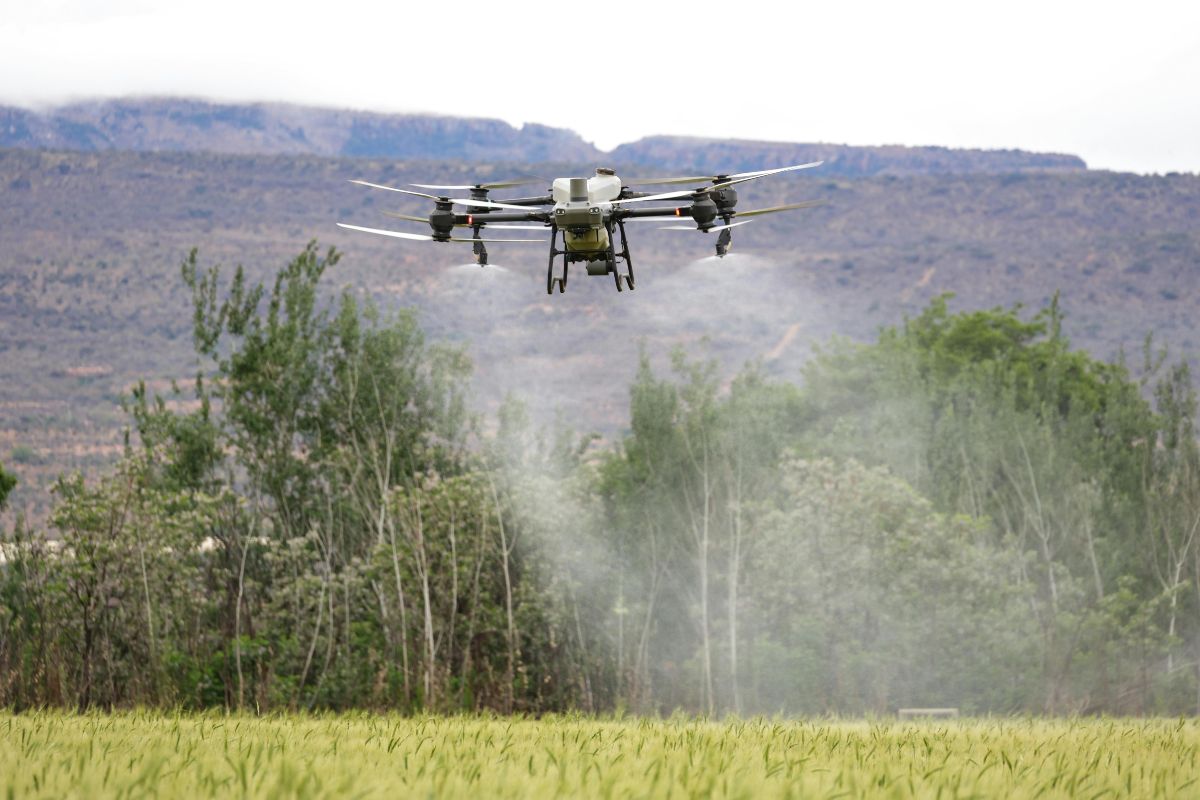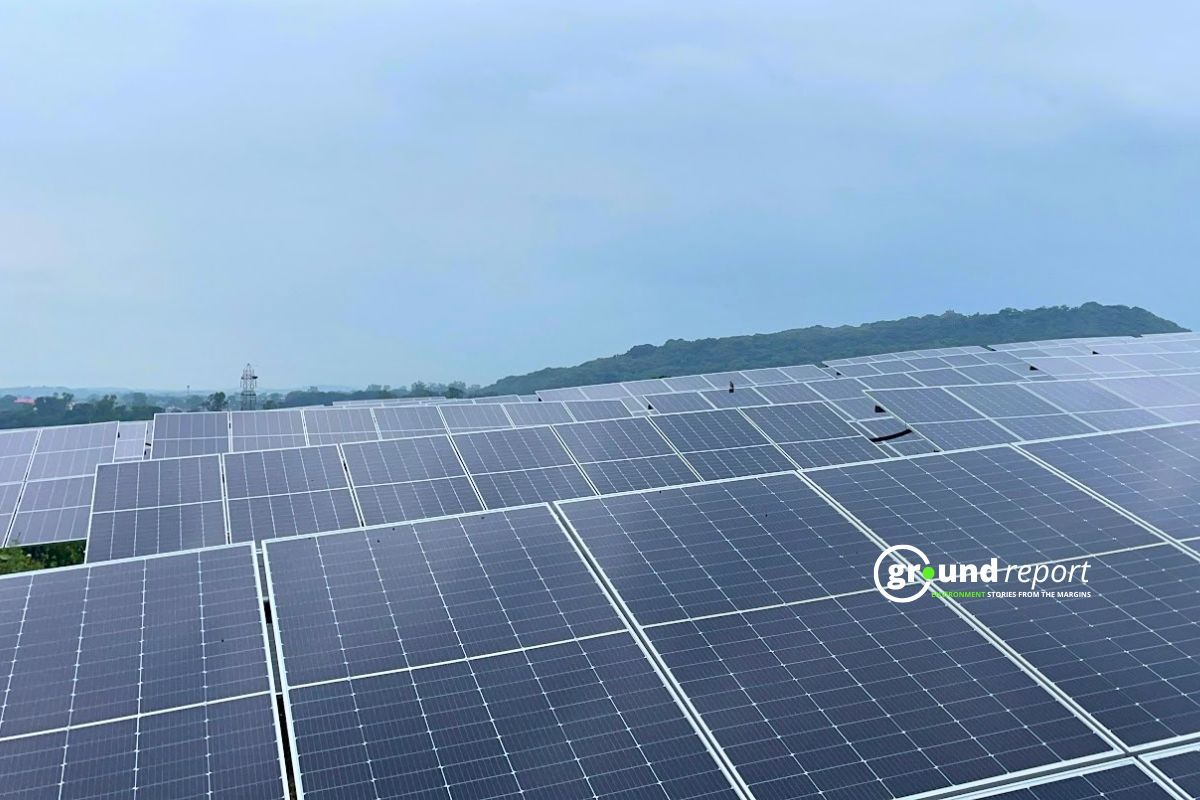The United Nations declared 2025 the International Year of Glaciers to highlight the rapid melting of glaciers due to climate change. This move underscores the critical role glaciers play in maintaining the planet’s ecological balance, water supplies, and climate stability.
Why are glaciers disappearing?
Glaciers are massive ice blocks that form over centuries as snow builds up and compresses. They are vital to the environment for providing fresh water to millions and regulating the Earth’s climate. However, glacier melting has dramatically increased in recent decades. Experts say 2023 marked the second consecutive year of significant ice loss worldwide.
Juan Ignacio López Moreno, a researcher at the Pyrenean Institute of Ecology, says, “Glaciers are melting faster than ever, with serious consequences for the environment and people relying on them for water.”
Melting glaciers pose a danger in mountainous regions, where they act as natural water reservoirs. Without them, these areas will face severe water shortages, affecting local communities, agriculture, and industries. Melting glaciers can also create large lakes that, when they break, can cause devastating floods downstream, putting people at risk.
What’s at stake?
Glaciers are vital to the global water cycle, supplying fresh water to rivers, lakes, and reservoirs. They provide water during dry seasons when other sources are scarce. However, as glaciers disappear, people in these areas will lose this crucial water source.
Glacier melting contributes to rising sea levels. As glaciers melt, they release water into oceans, leading to higher sea levels, putting coastal cities at greater risk of flooding and disasters. Thawing Arctic permafrost is another concern, releasing methane gases that contribute to global warming.
To raise awareness of glaciers’ importance and the dangers of their rapid melting, the UN has designated March 21 as World Glacier Day. The year 2025 will remind people worldwide about glaciers’ value and the urgent need to protect them.
Tajikistan, heavily impacted by glacier loss, will host an international glacier conservation conference in Dushanbe from May 29 to June 1, 2025. The goal is to bring together experts and governments to discuss protecting glaciers and ensuring the fresh water they provide is preserved.
The UN’s focus on glaciers in 2025 will highlight the need for stronger global cooperation to tackle climate change. As the climate crisis worsens, the loss of glaciers is just one of the challenges we face. However, by taking action now, we can reduce the damage and help preserve glaciers for future generations.
Cut CO2 emissions to protect glaciers
Experts agree that reducing carbon dioxide (CO2) emissions is the best way to slow glacier melting. “The only way to save glaciers and their biodiversity is to cut CO2 emissions,” says López Moreno. “If we act now, we can stabilise the situation and protect these ice masses for a little longer, even if the climate continues to warm.”
It’s not too late to make a difference. If governments and individuals reduce CO2 emissions, we can prevent the worst effects of glacier melting. However, we are running out of time. “We still have a chance to save glaciers, but we must act now,” López Moreno adds.
Regrettably, numerous glaciers across the globe have reached an irreversible state. According to the WMO, glaciers in UNESCO World Heritage sites are melting rapidly, and a third could be gone by 2050. Tropical glaciers in South America, Africa, and Asia are also expected to disappear in the coming decades.
Despite the challenges, experts argue that immediate action to reduce carbon emissions could slow or halt the disappearance of some glaciers. That’s why 2025 is the International Year of Glaciers‘ Preservation—to raise awareness and push for change before it’s too late.
Support us to keep independent environmental journalism alive in India.
Keep Reading
Watch: Kashmir experiences first snowfall of season after dry spell
Amarnath Yatra: Tackling rising death toll from extreme weather events
Tourists arrival in Kashmir break records, a need to regulate it?
From tourist paradise to waste wasteland: Sindh River Cry for help
Follow Ground Report on X, Instagram and Facebook for environmental and underreported stories from the margins. Give us feedback on our email id greport2018@gmail.com.
Don’t forget to Subscribe to our weekly newsletter, Join our community on WhatsApp, and Follow our YouTube Channel for video stories.






